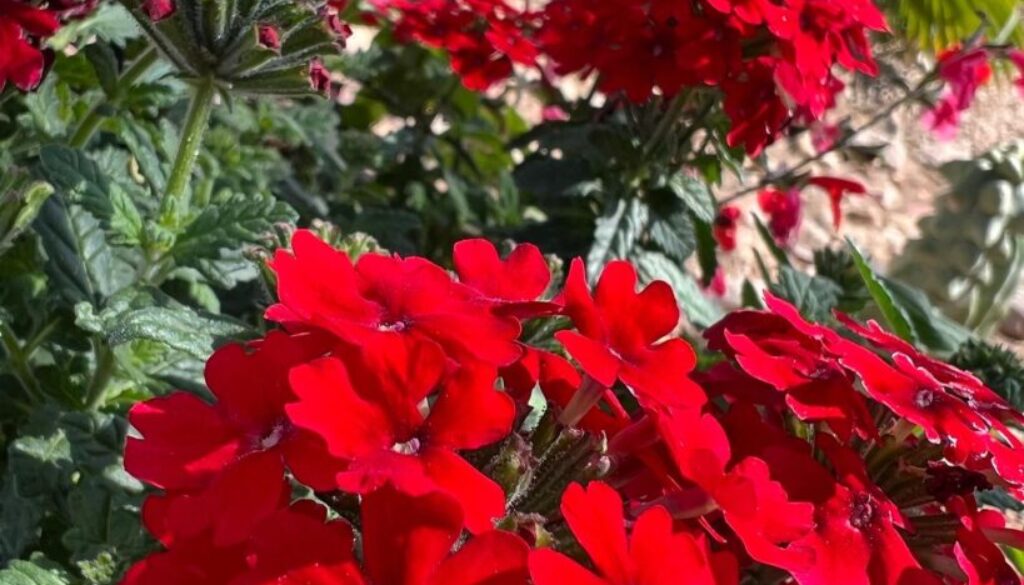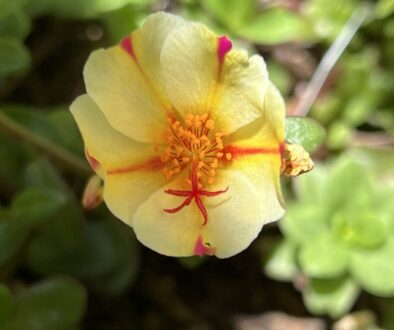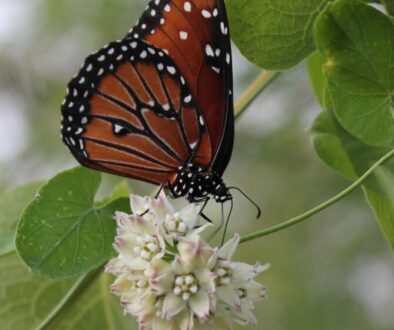Best Annual Flowers for the Fall in Phoenix
As the average daily temperature finally dips into the low 90’s and below, the conditions are just right to start your fall planting. Your choices may depend on the aesthetics of your neighborhood, sun exposure, animal exposure, and hardiness in the winter.
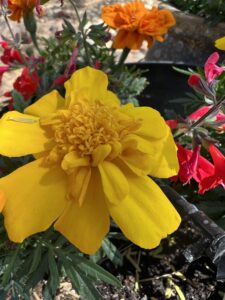
Sun Exposure
Let’s face it: it’s probably still going to be “hot” until the beginning of November. At the same time, the amount of sun and the angle through which it moves in the sky will decline, yielding less overall light. Before you plant, it’s important to know whether your gardens and/or pots will have decent sun exposure by the time of the winter solstice or not.
Petunias, marigolds, dianthus, snapdragons, and many others need as much sunlight as they can get leading to and beyond the winter solstice, especially if you want them to survive into the springtime. Pansies, violas, alyssums, and lobelias are a few examples of fall annual flowers that can handle more shady conditions. Keep in mind, though, that a spot with zero sunlight isn’t going to be good for any plant.
Animal Exposure
After sun exposure, vulnerability to animals is the most important thing you’ll need to pay attention to when selecting plants. Are there more javelinas in your neighborhood than squirrels? More quails than doves? Some plants are favorite snacks of each of these creatures and many others. Some plants are typically left alone by most, if not all of them.
Marigolds, salvias, euphorbias, lavenders, pansies, violas, and alyssum are just a few common ornamental plants that are ignored by javelinas, bunnies, squirrels, and birds (most of the time). If animals are a prevalent destroyer of gardens in your area, avoid planting petunias, begonias, ornamental cabbage, morning glory bush, and generally any food plants.
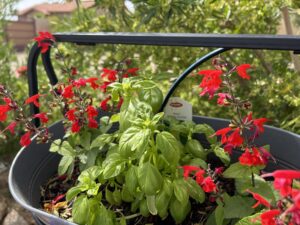
Winter Hardiness
Finally, it’s important to think about whether you want your flowers to survive through the winter. Most flowers can be preserved through frosty nights by covering them with permeable sheets (no plastic), but some are certainly more vulnerable than others.
Pansies, violas, snapdragons, geraniums, gazanias, and dianthus are a few choices for frost hardy flowers. Any remaining vincas, potato vines, and other summer flowers will likely lose most of their leaves in the winter but will usually survive and flourish in the spring if you’re willing to keep them during their off season. Particularly vulnerable flowers include small salvias, purple hearts, euphorbias, most food plants, and many others. Be sure to ask about cold hardiness when you’re purchasing flowers.
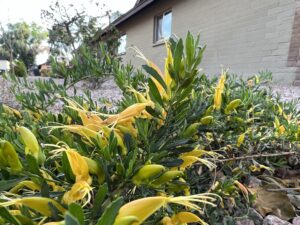
ELS Maintenance orders fall flowers for communities as early as possible from the best growers in Arizona to ensure that entrances, monuments, and other pottings in common areas look beautiful fast! If you know of a community or commercial property looking for a new landscaping company, email us at contactus@evergreenaz.com and we’ll get started!

